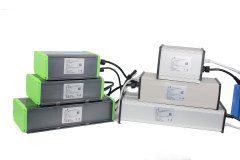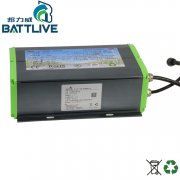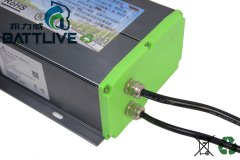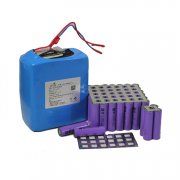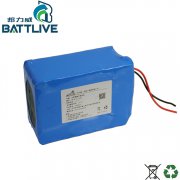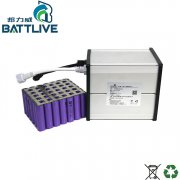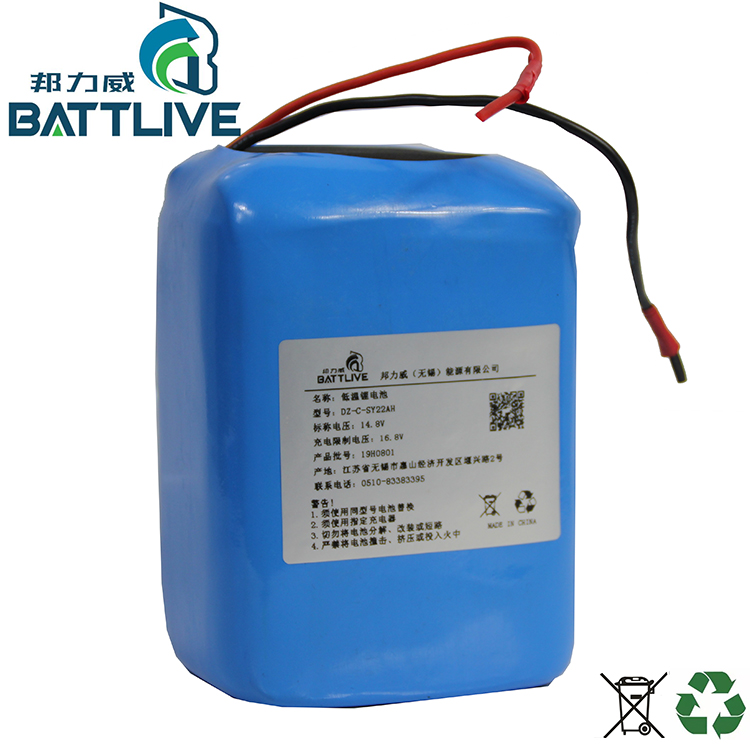
Daily Maintenance and Maintenance of Lithium Batteries
1. Environmental temperature has great influence on discharge capacity, life, self-discharge and internal resistance of storage battery. Although the switching power supply has the function of temperature compensation, its sensitivity and adjustment range are limited after all, so the environmental temperature is extremely important. Operating and maintenance personnel should check and record the ambient temperature of the storage battery room every day. At the same time, the room temperature of the storage battery should be controlled between 22 and 25 degrees centigrade. This not only prolongs the life of the storage battery, but also makes the storage battery have the best capacity. In addition, the temperature sensing probe installed for the temperature compensation function of the complete charging power supply should also regularly check its accuracy.
2. Check whether the floating charge current of the battery is within the qualified range every day and record it. When the floating charge current of the accumulator changes abruptly, the reason should be found out and dealt with in time.
3. The cell voltage and terminal voltage should be measured once a month.
If it is found that the floating charge voltage of individual batteries (2V series) is less than 2.18v/monomer, the battery pack should be equalized by manual conversion. The charging method is: 2.30V/monomer at 25 (?) C, 24 hours; or 2.35V/monomer at 25 (?) C, 12 hours. If the batteries can not return to normal after charging, they should contact the manufacturer as soon as possible. End voltage is an important parameter reflecting the working condition of batteries, so measuring the end voltage of batteries should not only be in the state of floating charge, but also in the state of discharge.
4. In order to ensure that the battery has enough capacity, a capacity recovery test (i.e. large charge and large discharge) should be carried out every year to activate the active substances in the battery and restore the capacity of the battery.
5. Batteries should be recharged in a balanced way after they are discharged deeply and unevenly, or when they are running for three months.
6. During the operation of batteries, it is necessary to check whether the connection bolts of batteries are heated once a week, whether the appearance of batteries is abnormal deformation once a month, whether the connecting wires and bolts are loose or corroded, whether the loose bolts must be tightened in time, and the corroded joints should be cleared in time. Clean treatment.
7. Record data of battery inspection and test should be properly preserved. Every six months, the data of battery operation should be compared with the original data. If abnormal situation is found, it should be handled in time.




